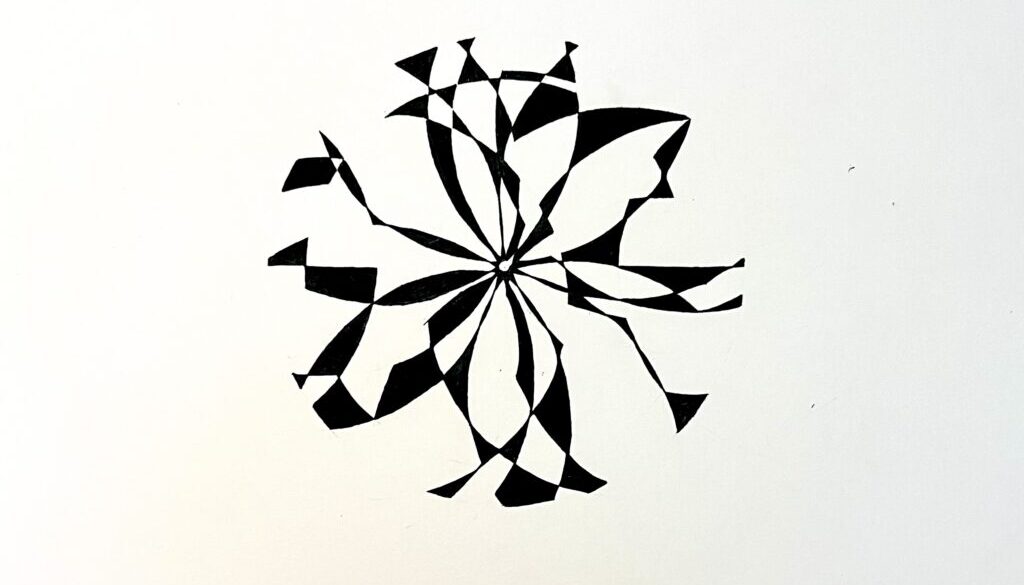The Importance of Being a Minimalist
Minimalism is often defined in terms of art, music, literature, and design. However, today I want to focus on the lifestyle aspect of minimalism. For many, this begins with a black T-shirt, drinking black coffee, and decluttering their homes. Some are inspired by successful CEOs, seeking to reduce decision fatigue and aspiring to adapt simplicity.
This is usually the extent of modern minimalism, which mostly focuses on the external and material aspects of our lives. While it often starts there, many people get stuck on the outward appearance of minimalism and miss the deeper underlying aspects of this philosophy.
There are two types of minimalists:
Those who adopt a minimalist lifestyle due to financial constraints and others who do it for aesthetic reasons. Both approaches often lack authenticity because they do not address the root causes. In the first case, individuals may need more but cannot afford it. In the second, they reduce their possessions to feel inspired, morally superior, or tired of materialistic/consumption mindset. The first type of minimalist adopts the lifestyle out of necessity but may not fully realize its importance. The second type understands the significance of minimalism but misses the whole point by only focusing on reducing material objects and ignoring other aspects of their lives. Neither approach fully embraces the core philosophy of minimalism, which is about genuinely valuing simplicity and necessity.
The philosophy of Minimalism:
“Minimalism as a philosophy is about living with only the essentials. You eat, think, speak, consume, sleep, and live sparingly. The idea is about desiring nothing beyond what is necessary and being content with the essentials.”
The importance of Minimalism:
One might argue, “Why should I care about minimalism? I enjoy buying things and indulging until I feel content because life is about having fun.” This approach is fundamentally flawed on both individual and societal levels.
On a societal level, overconsumption impacts the environment as humans take more than they need, driven by the greed of corporations whose primary goal is profit. This behaviour increases economic disparities between the rich and the poor, as the wealthy take more than necessary, leading to inequality and conflict, with nations seeking more power and control.
On an individual level, this indulgent attitude fosters a culture of excess, blinding people to the benefits of a minimalist lifestyle and contributing to various personal and social issues.
Minimalism, as a philosophy or concept, is close to nature; in other words, it follows the laws of the universe. When you observe other natural organisms, whether plants or in the animal kingdom, most follow the rule of not taking more than they need. If an animal or plant starts to reproduce or consume more than it needs, this can cause disruption in the ecosystem. This type of organism is usually considered a pest. Interestingly, most pests exist because of humans, like the pythons and crocodiles in Florida or wild boars in Australia, are introduced by man, and they are destroying the ecosystems in those areas.
Going against nature can cause harm to the individual and its surroundings. There is a certain balance and way that nature and reality operate, and we should respect it, with the abundance/excess of one thing can lead to the destruction/reduction of another.
For me, minimalism is less about the reduction of anything but more about maintaining balance and simplifying life. The idea lies at the heart of not knowing; because we don’t know what will create or disrupt this balance in our own being and the outside world, so we must tread in this world with a bit of caution, not stomp but glide as we walk through life.
In a future post I’ll discuss some essential laws of nature and the importance of following them.

